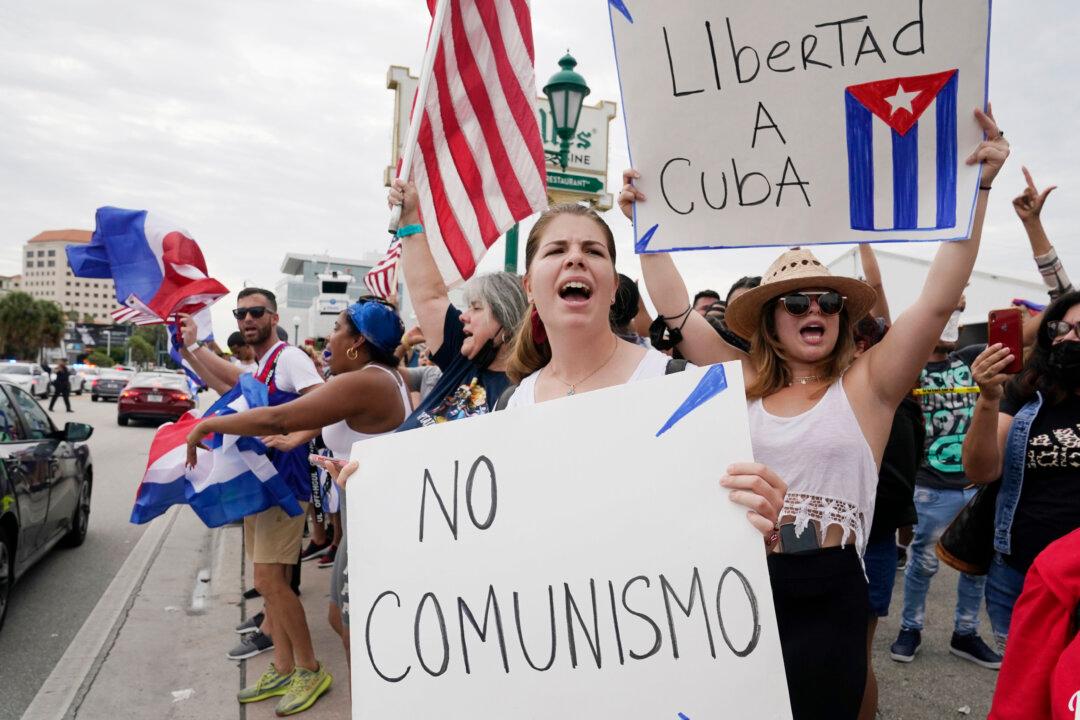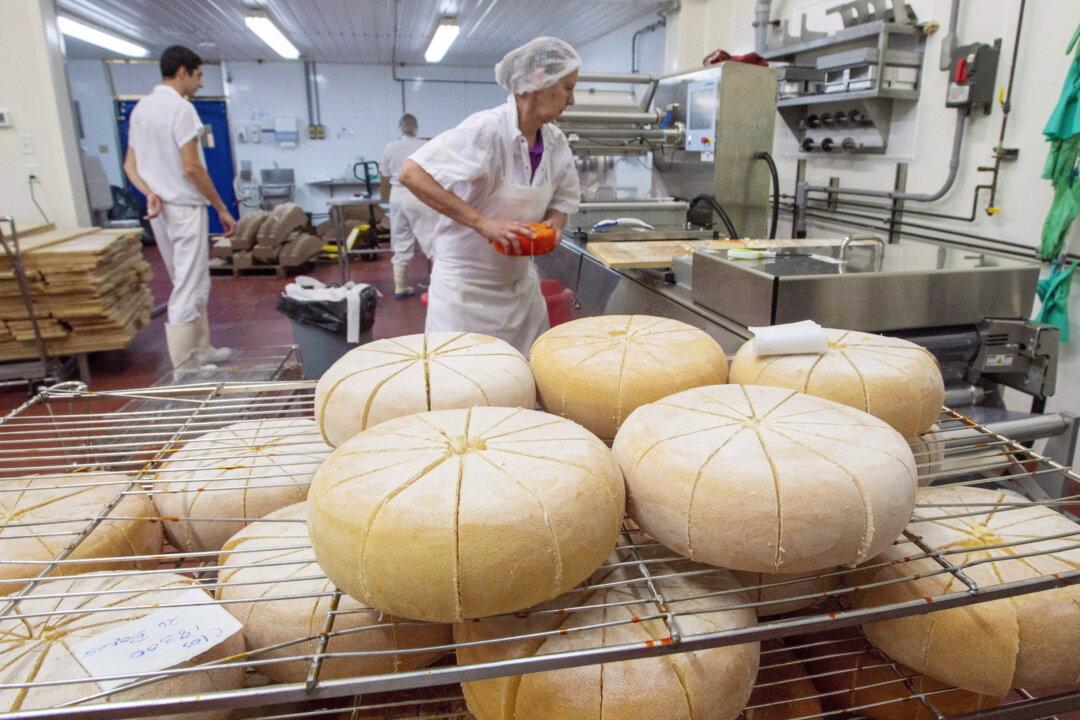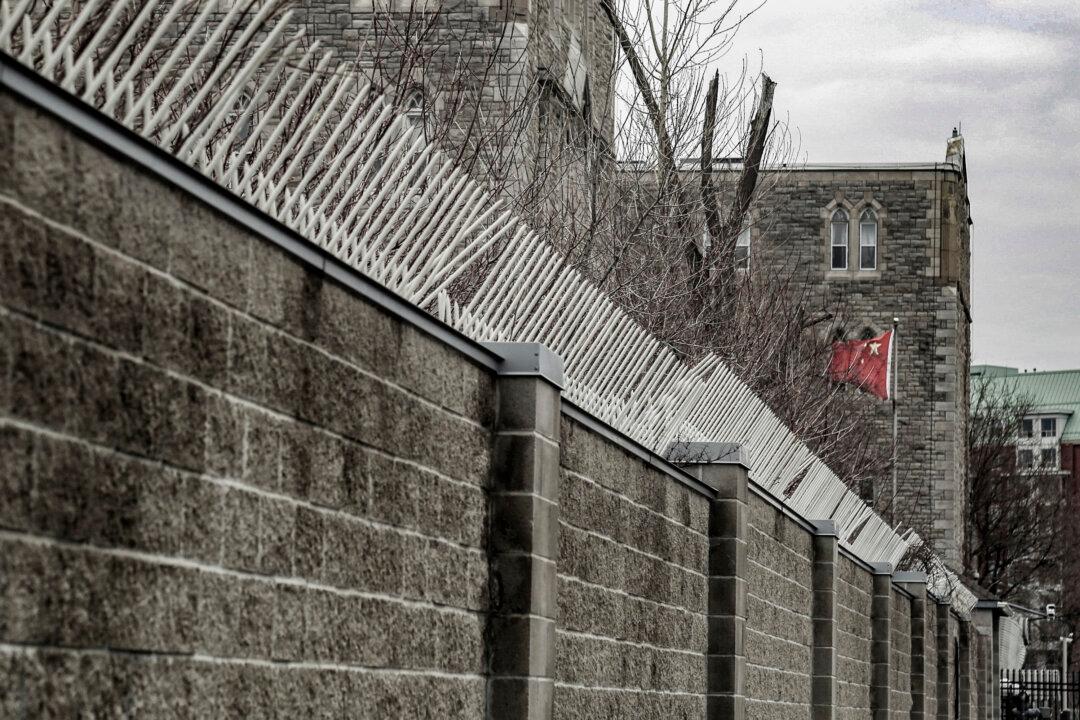Socialism is sold as an ideology that puts everyone on the same level. Comrades work together, feast together when there’s plenty, suffer together when there’s little, and form a beautiful utopian brotherhood of man. At least, that’s the claim.
It’s a nice fantasy. Unfortunately, it’s just that: a fantasy. We actually have over a century of socialist regimes to draw from. The death, torture, and surveillance in the Soviet Union, North Korea, and Venezuela (to name a few) are well known—but have you ever noticed that the leaders of those nations never seem to suffer alongside their people?
It’s true. Despite spouting platitudes about equality, the socialists at the top seem to have it pretty good compared to the everyday people who live in their countries.
Let’s start with the Soviet Union. In Milovan Djilas’s book “Conversations with Stalin,” the Yugoslav communist defector describes a number of different personal encounters with Stalin. One thing immediately stands out: ol’ Uncle Joe, as Joseph Stalin was often called, really loved a dinner party.
“The variety of food and drink was enormous—with meats and hard liquor predominating,” Djilas wrote. “Everyone ate what he pleased and as much as he wanted; only there was rather too much of urging and daring us to drink and there were too many toasts.”
Truly, one of the most murderous dictators in history could eat his fill. But the common people of Russia and those in other Soviet Bloc countries? Not so.
SecondStreet.org has interviewed a number of Canadians who immigrated from Soviet countries for our Survivors of Socialism series. One thing came up frequently—the lack of food, and the lack of choice in food.
“People had to go to work in the morning. And in the evening they came back to home, and the food store was already empty,” Mart Salumae from Estonia told us. The government’s monopoly on food supply always had enough for the elite, but the masses suffered.
Viorica Robinson from Romania told us she would regularly line up for two to three hours at the grocery store. Boris Rassin from Latvia told us the government would burn old cookbooks to hide the fact that recipes used ingredients that weren’t available anymore.
A far cry from Stalin’s regular fine dining and statesman dinners with Johnny Walker Black Label and beluga caviar.
This isn’t unique to the Soviets—look at North Korea.
North Korean escapee Yeonmi Park has shared many harrowing experiences from her childhood, but sometimes a picture is worth a thousand words. To this day, she’s extremely petite—her growth was stunted from years of malnutrition. And she’s one of the few lucky ones who has escaped; many North Koreans who live there look like walking skeletons. Now, look at any photo of North Korean dictator Kim Jong Un. It’s safe to say that his belly is full every night. Perhaps too full.
And in Venezuela, a country over 14,000 kilometres away with the same system of government, things are, once again, the same.
So, next time your nephew comes back from his first semester at university, spouting off about this cool new “Marxism” thing, a bright look in his eyes, and a copy of “The Communist Manifesto” tucked under his arm, ask him this question:
“In your socialist utopia, do you think you’d be able to make it to the top of the party?”
Because, as history shows us, those who aren’t in the inner circle suffer, while the rich and powerful feast.





